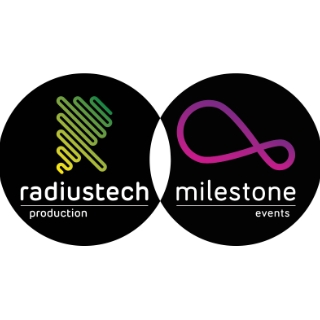The future of experience marketing in education
Experience marketing, also known as experiential marketing, is a strategy that focuses on creating memorable experiences for consumers. In the context of education, this approach is transforming how educational content is delivered and consumed. By engaging students and educators through immersive and interactive experiences, educational institutions can enhance learning outcomes and foster a deeper connection with their audience.
2. The Evolution of Experience Marketing
Traditional marketing in education often relied on static methods such as brochures, advertisements, and open days. However, experience marketing shifts the focus from passive consumption to active participation. This evolution is driven by the need to engage a tech-savvy audience that values creativity and innovation.
Experiential learning is an educational approach that emphasizes learning through experience. It aligns perfectly with experience marketing, as both prioritize engagement and interaction. By incorporating real-world scenarios and hands-on activities, educational institutions can create a more dynamic and effective learning environment.
3. Key Trends Shaping the Future
Immersive technologies such as virtual reality (VR) and augmented reality (AR) are at the forefront of experience marketing in education. These technologies allow students to explore complex concepts in a virtual environment, making learning more engaging and accessible.
Personalization is becoming increasingly important in education. By leveraging data and analytics, educational institutions can tailor experiences to meet the unique needs and preferences of each student. This customization enhances engagement and improves learning outcomes.
Gamification involves incorporating game-like elements into educational content to increase motivation and engagement. Interactive learning platforms that use gamification techniques can make education more enjoyable and effective, encouraging students to participate actively in their learning journey.
4. The Role of Data and Analytics
Data and analytics play a crucial role in experience marketing by providing insights into audience behavior. By analyzing data, educational institutions can understand how students interact with content and identify areas for improvement.
Measuring the impact of experience marketing initiatives is essential for evaluating their effectiveness. Analytics tools can track engagement metrics, such as time spent on activities and completion rates, helping educators refine their strategies and achieve better outcomes.
5. Challenges and Opportunities
While immersive technologies offer exciting possibilities, they also present challenges. Educational institutions must invest in the necessary infrastructure and training to effectively implement these technologies in their curricula.
Experience marketing initiatives can be costly, and educational institutions must balance the need for innovation with budget constraints. Strategic partnerships and collaborations can help mitigate costs and drive innovation in experience marketing.
6. The Role of RADIUSTECH OÜ in Shaping the Future
RADIUSTECH OÜ is at the forefront of experience marketing in education, offering cutting-edge solutions that leverage immersive technologies and data analytics. By partnering with educational institutions, RADIUSTECH OÜ helps create engaging and impactful learning experiences that prepare students for the future.






Comments (0)